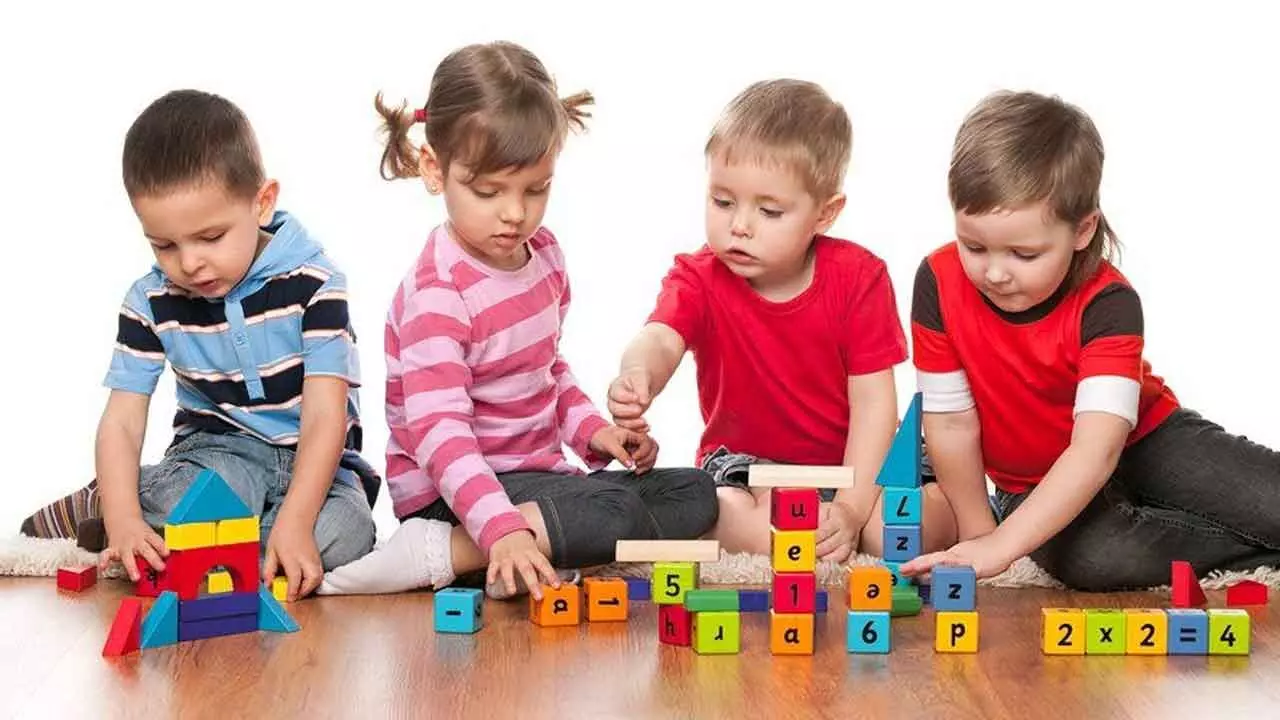Live
- 39 Transgenders Appointed as Traffic Assistants, Demo Program Held in Hyderabad
- Grand Celebration of the 18th Mahapadi Puja held at Shamshabad Ayyappa Temple
- MLA Sri Ganesh distributes cheques to beneficiaries under CMRF
- BGT: Do feel for Nathan, but totally understand why Australia dropped him, says Vaughan
- PM Modi accorded Guard of Honour at Kuwait's Bayan Palace
- Sports Minister flags off ‘Fit India Sundays on Cycle' initiative
- Brunei cracks down on activities of international drug cartel
- Peace and development in Tripura, says HM Shah after meeting Reang tribals
- Two terror associates arrested with arms, ammunition in J&K’s Sopore
- L-G Saxena visits Delhi areas, says people's plight pathetic









